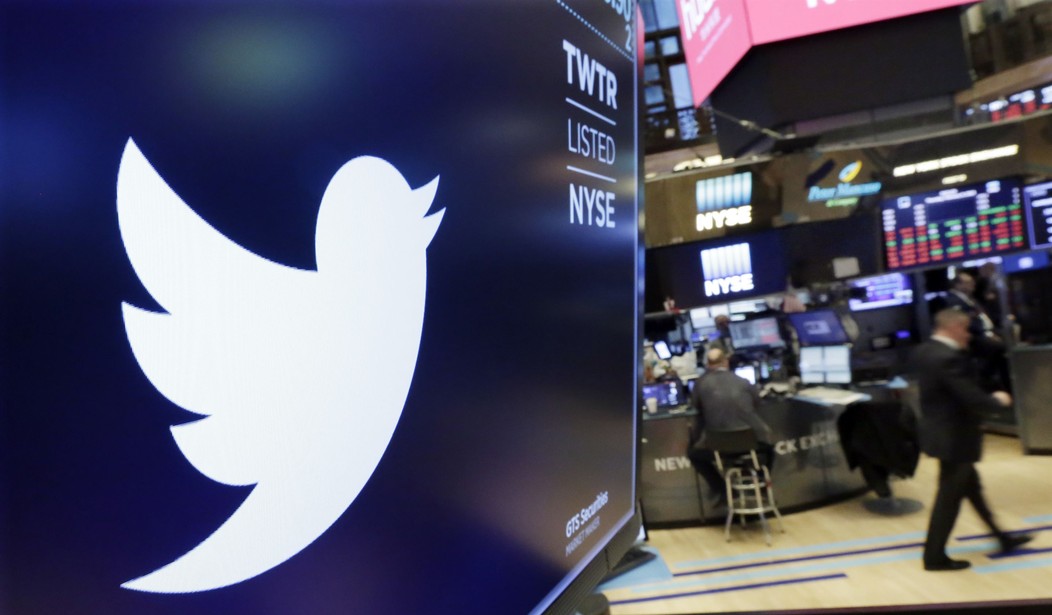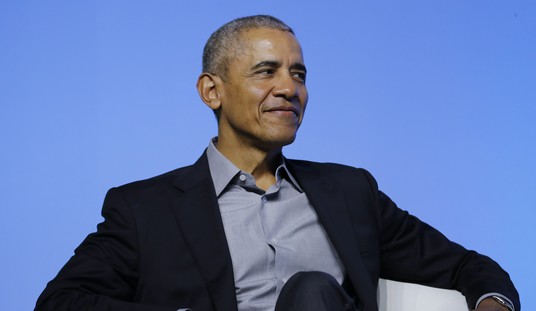The Stanford Internet Observatory has laid off most of its staff and may shut down after an unending series of attacks and lawsuits alleging bias in its work.
Only three staffers remain and it appears what's left of the observatory will be folded into Stanford's Cyber Policy Center.
“The Stanford Internet Observatory (SIO) has played a critical role in understanding a range of digital harms,” said Kate Starbird, who led the University of Washington’s work on the Election Integrity Partnership. The partnership placed a notice on its webpage that its work was concluded.
Much of the criticism about the various disinformation labs and websites is their inability (or deliberate misunderstanding) of the line between "disinformation" and "free speech." There are opinions that were being branded as "disinformation," specifically relating to the 2020 election and the COVID-19 pandemic that, in some cases, have proven to be accurate and true.
Was there damage done by people who claimed COVID-19 was a government plot or that the vaccines contained computer chips to track people? Whatever damage was done wouldn't have been stopped by a "disinformation" laboratory. The people who swallowed those lies wouldn't have been swayed by anything.
Matt Tabbi worked tirelessly to expose the link between government censorship and the various labs involved in the Election Integrity Unit (EIU) that tried mightily to censor the conversations about the 2020 election and the pandemic.
Racket readers already know the stories of both the EIP and the Virality Project, but to recap: both programs were at the center of a controversy over whether or not the federal government may engage in “switchboarding,” i.e. referring state or federal recommendations on content to private platforms. During both the 2020 election and the pandemic the SIO — along with partners like the University of Washington, Graphika, and the Atlantic Council’s Digital Forensic Research Labs (DFRLabs) — essentially played the role of cross-platform go-betweens, forwarding flags from a variety of sources to as many as ten platforms, including Twitter.
The EIP thought nothing of forwarding unconfirmed, unsubstantiated posts and tweets to social media companies resulting in individuals and websites being demonetized or silenced. And the government had its fingerprints all over it.
The DHS's Cybersecurity and Infrastructure Security Agency (CISA) worked with the EIP to forward their "disinformation" to various platforms.
Eventually emails showed Twitter knew from the start that the EIP was the idea of Homeland Security officials (“DHS want to establish a centralized portal for reporting disinformation” lawyer Stacia Cardille wrote in April 2020). Twitter execs described how the firm had already done a “demo with DHS/CISA” of the program by June of 2020, and by October, Twitter execs were receiving “Hello EIP friends” emails for an “all-hands” meeting that was sent to 111 people across the four non-governmental partner organizations, a fair indication of the size of the project. Humorously, the program was originally called the “Election Disinformation Project,” until SIO chief Alex Stamos concluded that the name might lead people to think the group was promoting disinformation.
EIP set up a "flagging system," aided by DHS. The Stanford Internet Observatory denied it. "EIP did not make recommendations to the platforms about what actions they should take," they wrote.
Oh, really?
This was our first glimpse into the depth of the shamelessness of these actors. When Jordan’s committee finally obtained access to the raw complaints in the JIRA ticketing system set up for the EIP, they found 75 instances in which the same people who’d just denied making “recommendations” used the word, recommendation or worse, We recommend. Imagine the arrogance of denying that one makes concrete recommendations while sitting on a pile of documents doing exactly that:
Free speech is not absolute. But censorship is unconstitutional, especially when an agency of the federal government, working with private and public universities, looks to define what is acceptable speech and what is "disinformation."
There are still "disinformation" labs in operation ready to flag something you write if, in their humble opinion, you are spreading "disinformation." How this will play out in this election year could determine the winner of the presidency.










